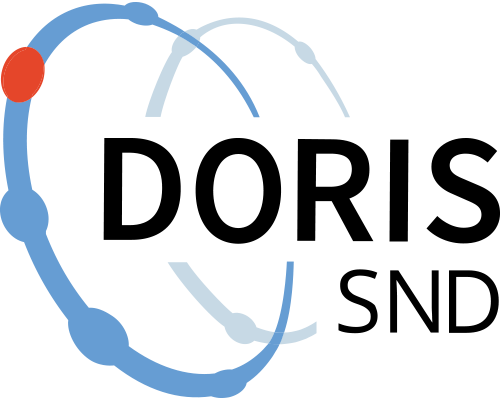Maasai Household and Village Socioeconomic Status and Decisions in Ngorongoro - Maasai women and men survey, and village-level information
https://doi.org/10.5878/1vww-vc77
The UNESCO World Heritage Site Ngorongoro Conservation Area (NCA) in Tanzania is a well-known example of the challenges of managing a conservation area for multiple goals including meeting the needs of residents within the conservation area. NCA seeks to achieve multiple goals including protecting biodiversity, providing tourism opportunities, improving resident Maasai livelihoods, and conserving Maasai culture. Within and beyond the NCA, most analysis and projects focus on Maasai men, who are cattle herders and heads of multi-household families. This dataset describe livelihoods and well-being, as affected by the protected area, from the perspective of the Maasai women. Recognizing that well-being (and poverty) is multi-dimensional, the original study examines how different factors correlate with self-reported life satisfaction and we apply the framework of the UN Sustainable Development Goals (SDGs). For each of the SDGs, we reported the available evidence from documentation and from surveys of village leaders, female heads of household, and a small supplementary sample of male heads of polygamous families. We administered the surveys in all 23 Maasai villages in the NCA. The survey results confirm that poverty is widespread, but with substantial variation in the depth of poverty and in access to essentials including water, food, and fuel. Reported life satisfaction of Maasai women is correlated with food security, clothing quality, and access to market and social services, but not with family ownership of cattle, which is the most commonly used metric of Maasai wealth. Our findings suggest potential improvement in NCA programs and provide a baseline to analyze the effects of any such changes in those programs, from the perspective of Maasai women.
NCA_TZ_WomenVillage_Dataset: Contains the data collected through the survey applied to women and also the information obtained with the village assessment.
NCA_TZ_MenSurvey_Dataset: Contains the data collected through the survey applied to men.
*Men and women faced different questionnaires therefore it does not make sense to full merge both databases.
Documentation files
Documentation files
Citation and access
Citation and access
Data access level:
Creator/Principal investigator(s):
Research principal:
Principal's reference number:
- MS-394
Data contains personal data:
Yes
Type of personal data:
Indirect identifiers: municipality, ward, income, number of family members, amount of cattle
Citation:
Language:
Method and outcome
Method and outcome
Data collection - Face-to-face interview
Data collection - Face-to-face interview
Geographic coverage
Geographic coverage
Administrative information
Administrative information
Topic and keywords
Topic and keywords
Metadata
Metadata
Version 1
